A Happy Pocket Full of Money by David Cameron Gikandi
$27
Shopping Instructions:
- DISCOUNT 15% : SHOP15
- Product Delivery: Within 1 – 12 hours after purchase.
A Happy Pocket Full of Money by David Cameron Gikandi
Sale Page : -/-
Description:
True wealth is not about buckets of cash. True wealth is not about designer clothes. It is not about a new Mercedes. It is not about living in a palatial estate. True wealth, asserts David Gikandi, is about discovering value within yourself and value within other people. It is about a kind of conscious living that incorporates gratitude, a belief in abundance, and the experience of joy.
Based on the recent discoveries of theoretical physics and a close reading of inspirational classics of the last century, Gikandi creates a new model for the creation of personal wealth; a new model that shows readers how to create abundance by saving, giving, offering charity, and building happy relationships.
- Learn to use an internal mantra to build wealth consciousness.
- Practice conscious and deliberate thoughts and intentions.
- Decide, define, and set goals you can believe in.
- Practice gratitude, giving, and faith, and experience abundance and joy in your life.
Includes a 16-page study guide–for individuals and group use.
I AM WEALTH
The first step to having wealth is to know what it is. And few people know what it really is, in and of itself. What is wealth? What causes it? What causes the cause of it?
Money represents an aspect of a person’s internal value, but that does not mean that it represents a person’s entire internal value. That is very important. It is not about self-worth. Money only represents an aspect of that internal value that pertains to wealth. You cannot, therefore, say that a wealthy person has a higher self-worth and value than a poor person. But you can correctly say that, in matters that relate and pertain to money, a wealthy person has a higher internal value in that aspect of value, or chooses to exercise a higher proportion of this internal value.
You are already wealthy, but you have been taught to choose not to experience your wealth. This insight changes everything. Like wealthy people, you can now know how to start experiencing the wealthy you—and choose to do so.
I Am Abundance
Thoughts of scarcity take away abundance from your life. They manifest scarcity into the physical world. To avoid scarcity, eliminate all thoughts of competition and instead choose creation. Competition is a statement to the universe that you believe your survival is at risk, and that there is not enough. So are thoughts of cheating, squeezing, manipulating, and taking advantage of people, paying unfairly, coveting other people’s property, envy, and the like. These thoughts only create non-wealth consciousness and cause scarcity.
Never stop learning. Always be humble with what you know now, and you will come to know more
I AM JOY
If you wish to be happy, cause another to be happy. Conditionality is also an illusion when it comes to happiness. You are not happy because of certain conditions; certain conditions come into being because you are happy.
Happy thoughts and images also result in happy external events and conditions. Remember, too, to act as if you are happy, and to be grateful for all, even before you experience it. And remember to practice detachment. Perhaps the most important thing to remember is that the external world fashions itself to match your internal world. If you are not happy with the external world, seek what you are not happy with internally; then choose to be happy about it. Love yourself and the world will love you. Be happy with yourself, and the world will be happy about and with you.
Self Help – Self Help online course
More information about Self Help:
Self-help or self-improvement is a self-guided improvementóeconomically, intellectually, or emotionallyóoften with a substantial psychological basis.
Many different self-help group programs exist, each with its own focus, techniques, associated beliefs, proponents and in some cases, leaders.
Concepts and terms originating in self-help culture and Twelve-Step culture, such as recovery, dysfunctional families, and codependency have become firmly integrated in mainstream language.
Self-help often utilizes publicly available information or support groups, on the Internet as well as in person, where people in similar situations join together.
From early examples in self-driven legal practice and home-spun advice, the connotations of the word have spread and often apply particularly to education, business,
psychology and psychotherapy, commonly distributed through the popular genre of self-help books.
According to the APA Dictionary of Psychology, potential benefits of self-help groups that professionals may not be able to provide include friendship,
emotional support, experiential knowledge, identity, meaningful roles, and a sense of belonging.
Please kindly contact us if you need proof of item.
1 review for A Happy Pocket Full of Money by David Cameron Gikandi
Add a review Cancel reply
Related products
Personal Development
Bob Proctor – The secret to Wealth – Mind & Money Strategies
Personal Development
Personal Development
Personal Development
Udaya Yoga – Michelle Goldstein – Deep Into the Hips (20 Minutes)
Personal Development
Personal Development

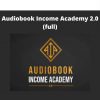
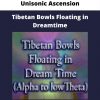
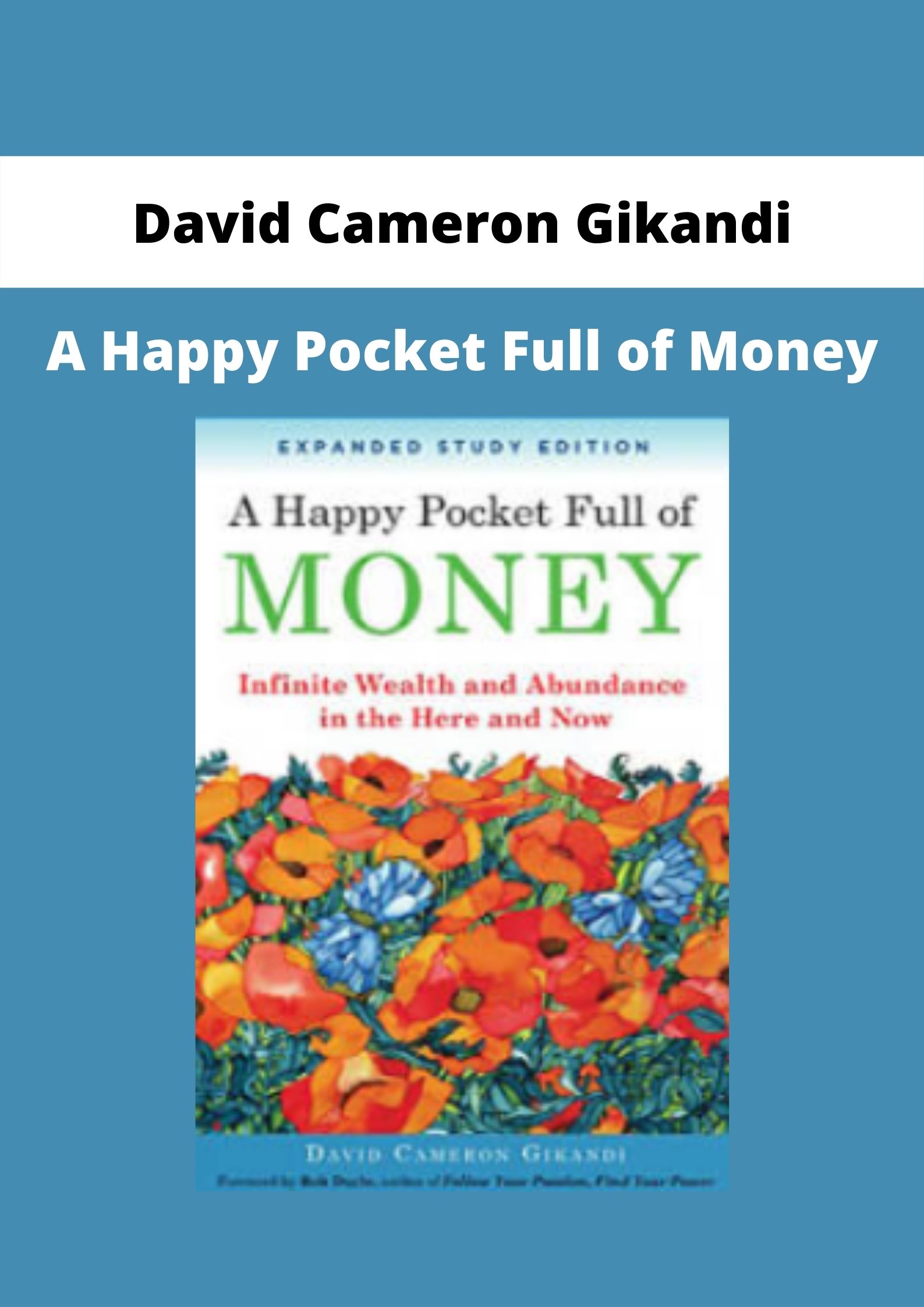
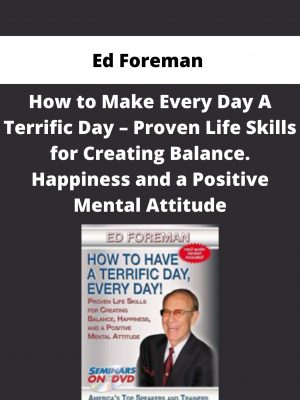
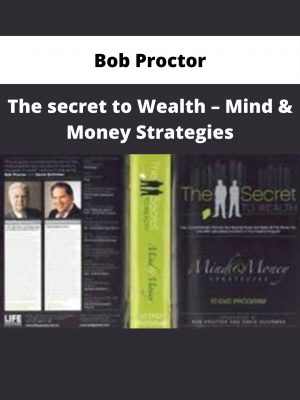

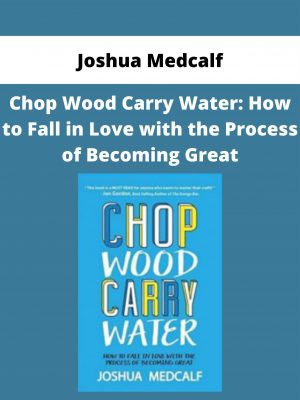
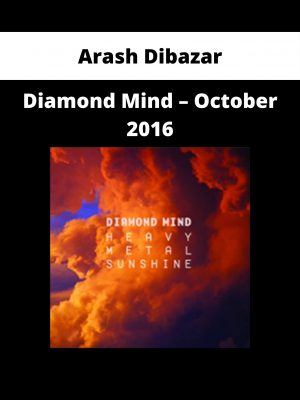
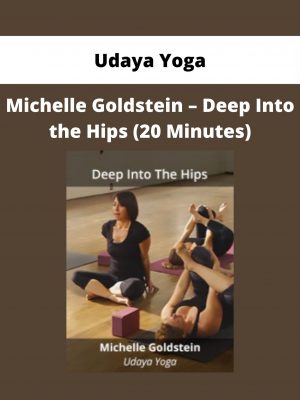
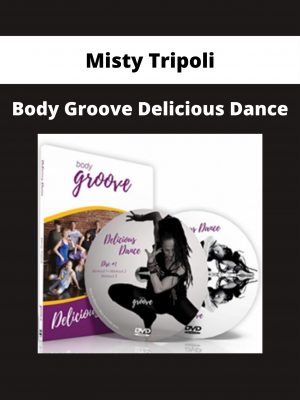

Mellie Hickle –
Great product, super fast shipping, very pleased with this | A Happy Pocket Full of Money by David Cameron Gikandi